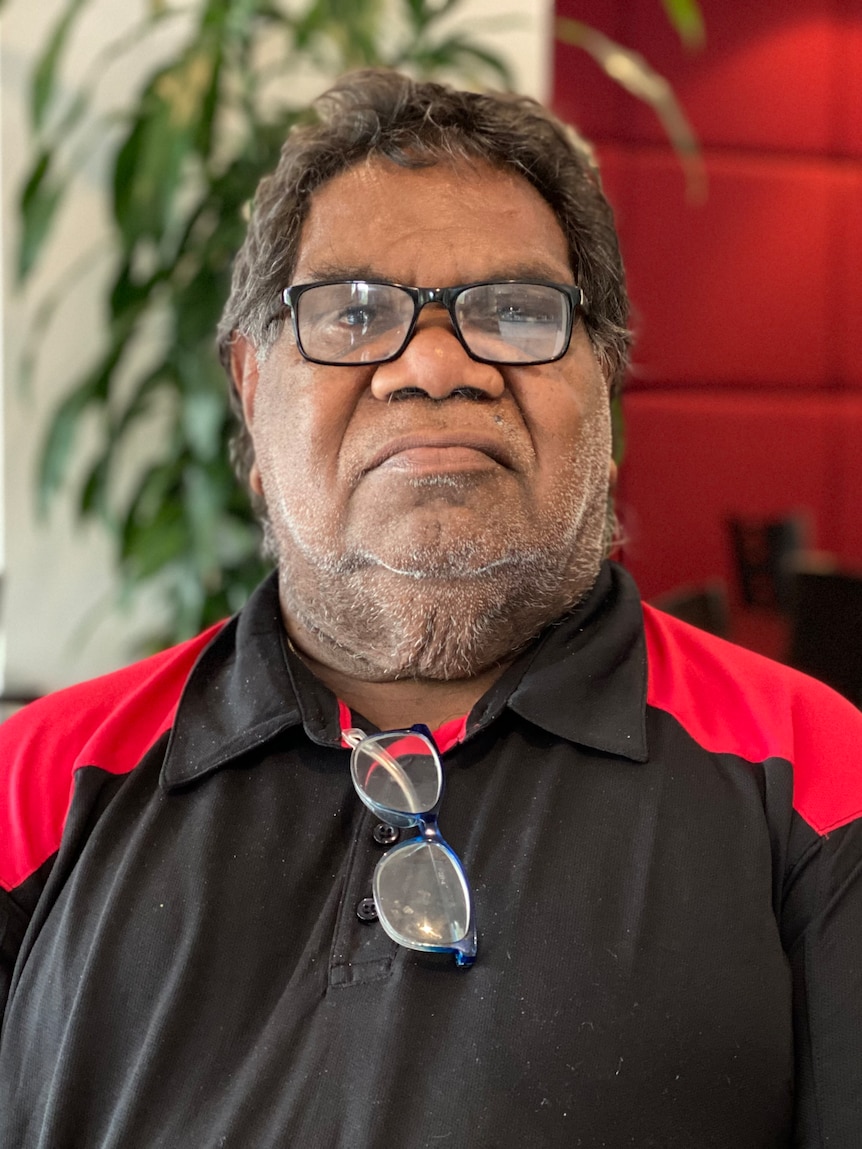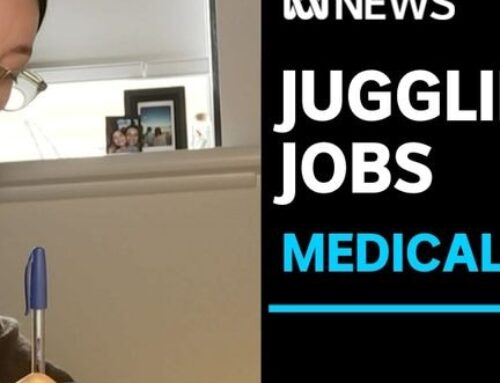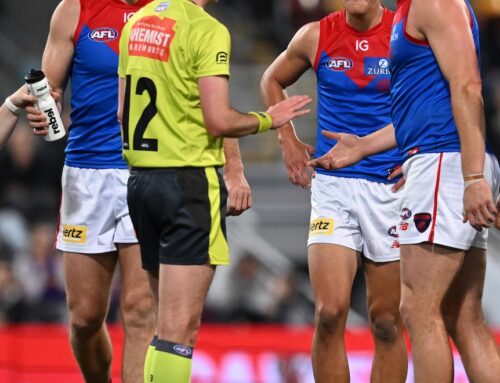Vulnerable children living in some of Australia’s most remote communities are set to be left without a permanent, in-community mental health service, despite objections from elders, experts and one of the South Australian government’s own departments.
Key points:
- Experts say children will not get appropriate mental health support under a fly-in fly-out service model
- South Australia’s chief psychiatrist says such a model would result in those in need “slipping through the cracks”
- The government says finding staff prepared to live and work in-community is a “challenge”
The ABC has seen a draft of the new model of care for the Child and Adolescent Mental Health Service (CAMHS) on the Anangu Pitjantjatjara Yankunytjatjara (APY) Lands, which provides psychiatric and wellbeing support to children aged 18 and under.
It proposes that staff from Adelaide fly in to two communities on a fortnightly basis, with another psychiatrist to make a minimum of two trips per year.
Telehealth appointments are outlined as a way to provide ongoing support.
Previously, two Western-trained staff lived and worked on the APY Lands for more than a decade but were removed without explanation more than a year ago.
With no staff on the APY Lands, SA Health implemented what, it said, was a temporary telehealth and fly-in fly-out service last year.
At the same time, South Australia’s chief psychiatrist, Dr John Brayley, reviewed the program.
He found a FIFO model would see children “slipping through the cracks” and recommended several changes, including doubling the workforce and he insisted on-country staff remain part of the program.
The new model of care document does not mention Dr Brayley’s report and does not follow several of his recommendations, including returning community-based staff to the APY Lands.
Aboriginal community members would work alongside the Western-trained workers, with the document outlining a plan to transition the program to Aboriginal staff once training was complete.
The ABC understands the state’s Department for Child Protection has also raised concerns about the model.
However, the state government has refused to commit to returning APY Lands-based workers, saying the new model was still being finalised.
‘They deserve so much better’
Pukatja leader Jamie Nyaningu said he had not seen any mental health staff on the APY Lands since the permanent staff were removed more than a year ago.
Mr Nyaningu said no explanation had been given and he had not been consulted about any of the proposed changes to the CAMHS program.
“Things are in a bad spot at the moment … the kids need help,” Mr Nyaningu said.
“The community is feeling sad because Bobbi and Andrew [the former permanent staff] have gone.
“I call Andrew and try to find out who is going to help us and if he is coming back.”
He said it was crucial that mental health staff lived and worked in communities going forward.
“We want to see people live on the ground, not flying in and flying out, [that’s] a waste of time,” he said.
“How are they going to fly to all of our communities?”
Kids at risk under FIFO model
The ABC has seen a letter signed by six former CAMHS psychiatrists and sent to Women’s and Children’s Health Network chief executive Lindsey Gough that detailed several significant concerns about the plans.
“A model of care that lacks lands-based workers and is not meaningfully collaborative or co-designed with Anangu is culturally unsafe and will deter Anangu from accessing health care, contributing to ongoing health disparities and re-traumatisation for young people, families and workers,” the letter stated.
Dr Anthea Krieg has worked extensively in remote Aboriginal communities, focusing on mental health for much of her career.
She was not a signatory to the letter but agreed that the proposed FIFO model would not work.
“There will definitely be people falling through cracks … the rates of substance abuse will be much higher, the rates of incarceration will be higher and [there will be] kids who just don’t make it through,” Dr Krieg said.
“They deserve so much better than what we’re giving them.”
Dr Krieg had researched the mental health and disability support needs of people on the APY Lands.
“We found really high rates [of] psychosis and other major mental health problems [compared to the rest of the population], as well as high rates of brain injury … as well as the levels of trauma and the problems that sexual abuse and domestic violence have within the community,” she said.
Government has ‘dropped the ball’
Opposition mental health spokesman Tim Whetstone said the state government had “dropped the ball”.
“The former government took on, and adopted, every recommendation of the Brayley Review but this current government — [has] clearly not implemented one recommendation. They haven’t listened and it’s showing,” Mr Whetstone said.
“The Brayley Review said we have to have people on the ground to install trust and deal with that mental health issue.”
While in opposition, the now-Attorney-General and Aboriginal Affairs Minister Kyam Maher agreed.
“Services that are important, that are confidential and delicate, just won’t work if you’re flying out a couple of times a year and trying to do it over the phone,” Mr Maher said in July last year.
However, now Mr Maher has denied the state government was not listening to elders and experts.
“A model of care cannot exclude having people sitting down on-country, providing these services face-to-face,” Mr Maher said.
Health Minister Chris Picton said the model was still being developed but would not guarantee an in-community workforce would return.
“The previous Liberal Government ripped those [in-community] services out and it’s now very hard to put those services back in place,” Mr Picton said.
“We want to have as much time for people on the [APY] Lands as possible — logistically, how we can recruit people to do that is the challenge.”



